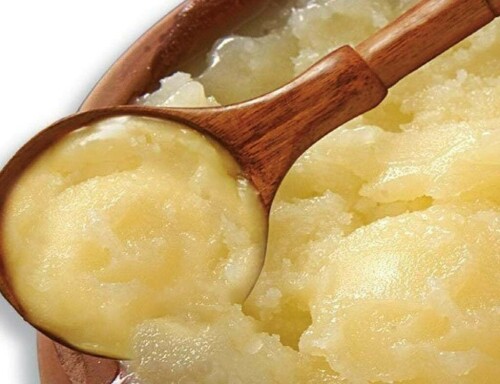PVMA’s Appeal Dismissed; Tribunal Upholds Penalty
The Competition Appellate Tribunal (CAT) has rejected the appeal submitted by the Pakistan Vanaspati Manufacturers Association (PVMA). Consequently, the order from the Competition Commission of Pakistan (CCP), which imposed a penalty of Rs50 million for engaging in anti-competitive behavior and discriminatory practices, remains in effect, according to an official statement released on Friday.
PVMA, an organization representing close to 100 ghee and cooking oil producers nationwide, contested the CCP’s 2011 ruling. This ruling determined that PVMA had contravened Sections 3 and 4 of the Competition Act of 2010.
The aforementioned case began with an investigation and a subsequent show cause notice in April 2011, after the CCP noticed synchronized increases in edible oil prices.
“The commission determined that PVMA leveraged its position to coordinate agreements on prices. The association negotiated prices with government representatives and instructed its members to adopt consistent pricing strategies.”
While PVMA maintained that these were merely suggested guidelines, the commission discovered that these guidelines were actually enforced, thereby diminishing price competition.
The CCP also substantiated that PVMA had made arrangements with both oil tanker associations and the National Logistics Cell (NLC) for the purpose of establishing fixed transportation costs.
“The commission believed that these agreements undermined fair competition within the logistics sector and put non-member businesses at a disadvantage. In addition to the collusive pricing and logistics agreements, PVMA was found to have exploited its market dominance by levying disparate fees for verifying import invoices—a duty delegated to them by customs officials to combat under-invoicing,” the statement mentioned.
PVMA charged its own members Rs4 per metric ton for this verification service, but charged commercial importers Rs10 per metric ton without providing a legitimate rationale.
In its defense, PVMA contended that its members were already responsible for significant membership fees and yearly dues, and also claimed that the commercial importers were ultimately selling their products to PVMA’s member manufacturers.
The association asserted that it lacked the legal power to enforce any pricing arrangements and only acted to stabilize prices under governmental pressure due to fluctuations in global palm oil prices. However, both the CCP and the Tribunal dismissed these arguments.
The tribunal pointed out that customs authorities had entrusted PVMA with the verification service for all importers, rendering any differentiation in service fees between members and non-members unjustifiable.
The order stipulated that such discriminatory charges could not be considered objectively justified, especially considering that PVMA members ultimately bore the burden of these charges.
Although the CAT upheld the CCP’s Rs50 million penalty, it modified the commission’s directive, granting PVMA a 15-day period to correct its discriminatory practices.
“If PVMA does not comply within the given timeframe, an additional penalty of Rs1 million per day of non-compliance—which was originally included in CCP’s order—will be reinstated.”
The tribunal stressed that even decisions made by associations that are non-binding or advisory can still violate competition law if those decisions lead to reduced market competition.



Comments (0)
No comments yet. Be the first to comment!
Leave a Comment